Description
Each unit starts as a 7075 mil-spec forging. Units are machined to 80% completion meeting all ATF requirements for an 80% AR lower. Magwell corners are broached. Includes “Gen 2” pocket for upper receiver test fitting. Lowers include enhanced features such as a threaded bolt catch pin and are included with each lower.
Lowers are Mil-Spec black anodized. NO FFL or paperwork is required.
Ben Edwards Designs Product Catalog
Background
he M16 rifle is a family of military rifles that originated from the ArmaLite AR-15 rifle and was adapted for use by the United States military. The original M16 was an automatic rifle with a 20-round magazine that fired 5.56×45mm ammunition.
The M16 entered US military service in 1964 and was used for jungle warfare operations during the Vietnam War. In 1969, the M16A1 replaced the M14 rifle as the standard service rifle for the US military. The M16A1 had several modifications, including a bolt-assist, chrome-plated bore, protective reinforcement around the magazine release, and a revised flash hider.
In 1983, the US Marine Corps adopted the M16A2 rifle, and the US Army adopted it in 1986. The M16A2 fired an improved 5.56×45mm cartridge and had a newer adjustable rear sight, case deflector, heavy barrel, improved handguard, pistol grip and buttstock, as well as a semi-auto and three-round burst fire selector. The M16A4, adopted in July 1997, was the fourth generation of the M16 series and was equipped with a removable carrying handle and Picatinny rail for mounting optics and other devices.
The M16 has been widely adopted by other armed forces around the world, with approximately 8 million produced worldwide, making it the most-produced firearm of its 5.56 mm caliber. However, the US military has largely replaced the M16 in frontline combat units with the shorter and lighter M4 carbine.
Technical Information
| Place of origin | United States |
| Service history | |
| In service | 1964–present |
| Production history | |
| Designer | Eugene Stoner (AR-10) |
| L. James Sullivan (AR-15) | |
| Designed | 1959 |
| Manufacturer | Colt’s Manufacturing Company |
| Daewoo Precision Industries | |
| FN Herstal | |
| Bushmaster | |
| H&R Firearms | |
| General Motors Hydramatic Division | |
| Elisco | |
| U.S. Ordnance | |
| Produced | 1963–present |
| No. built | c. 8 million as of 2011 |
| Variants | See List of Colt AR-15 and M16 rifle variants |
| Specifications (M16) | |
| Mass | unloaded: |
| 6.37 lb (2.89 kg) (M16A1) | |
| 8.31 lb (3.77 kg) (M16A2) | |
| 7.50 lb (3.40 kg) (M16A4) | |
| 8.81 lb (4.00 kg) (loaded with 30 rounds and sling) | |
| Length | 38.81 in (986 mm) (M16A1) |
| 39.63 in (1,007 mm) (M16A2) | |
| 39.37 in (1,000 mm) (M16A4) | |
| Barrel length | 20 in (508 mm) |
| Cartridge | 5.56×45 mm NATO (M193) |
| Caliber | 5.56 mm (.223 in) |
| Action | Gas-operated (Direct expansion of gas on surfaces of Bolt Carrier), closed rotating bolt |
| Rate of fire | 45–60 rounds/min semi-automatic |
| 700–850 rounds/min cyclic sustained (M16A1) | |
| 700-950 rounds/min cyclic sustained (M16A2, M16A3) | |
| 900 rounds/min cyclic sustained (M16A4) | |
| Muzzle velocity | 3,150 ft/s (960 m/s) (M855A1 round) |
| Effective firing range | 550 m (601 yd) (point target) |
| 800 m (875 yd) (area target) | |
| Maximum firing range | 3,600 m (3,937 yd) |
| Feed system | STANAG magazine |
| 20-round detachable box magazine: | |
| 0.211 lb (96 g) empty / 0.738 lb (335 g) full | |
| 30-round detachable box magazine: | |
| 0.257 lb (117 g) empty / 1.06 lb (480 g) full) | |
| 60-round detachable box magazine | |
| Beta C-Mag 100-round drum magazine: | |
| 2.20 lb (1,000 g) empty / 4.81 lb (2,180 g) full) | |
| Sights | Iron sights: |
| Rear: aperture; L-type flip | |
| Front: wing-protected post | |
| Various aiming optics | |
Design
The M16 is a type of assault rifle that uses a rotating bolt and is air-cooled, gas-operated, and magazine-fed. It is lightweight, chambered in 5.56 mm, and features receivers made of 7075 aluminum alloy, while its barrel, bolt, and bolt carrier are made of steel. The handguards, pistol grip, and buttstock are made of plastics.
The M16’s internal piston action system was derived from the ArmaLite AR-10 and AR-15 actions, and it’s commonly referred to as a direct impingement system. However, the M16’s gas system is a true expanding gas system, unlike conventional impinging gas systems. The M16’s bolt carrier and bolt-locking design were novel for the time.
The M16A1, which replaced the M14 rifle, was exceptionally lightweight at 7.9 pounds (3.6 kg) with a loaded 30-round magazine. This was significantly less than the M14, which weighed 10.7 pounds (4.9 kg) with a loaded 20-round magazine. The M16A1 was also lighter than the AKM, which weighed 8.3 pounds (3.8 kg) with a loaded 30-round magazine.
The M16A2 is slightly heavier than the M16A1, weighing 8.8 lb (4.0 kg) when loaded with a 30-round magazine. This is due to the adoption of a thicker barrel profile, which makes the barrel more resistant to damage when handled roughly and slower to overheat during sustained fire. Unlike a traditional “bull” barrel that is thick its entire length, the M16A2’s barrel is only thick forward of the handguards. The barrel profile under the handguards remained the same as the M16A1 for compatibility with the M203 grenade launcher.

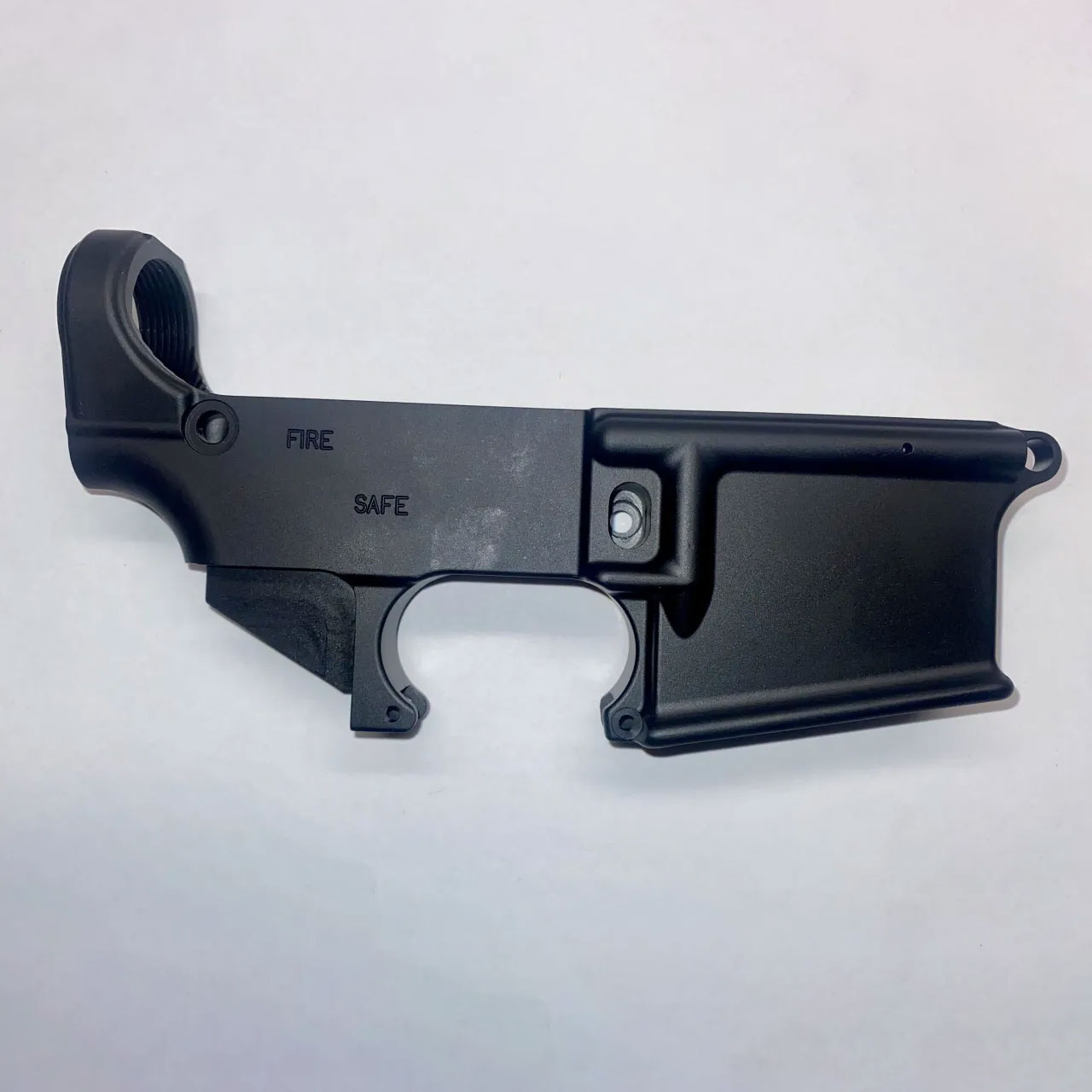
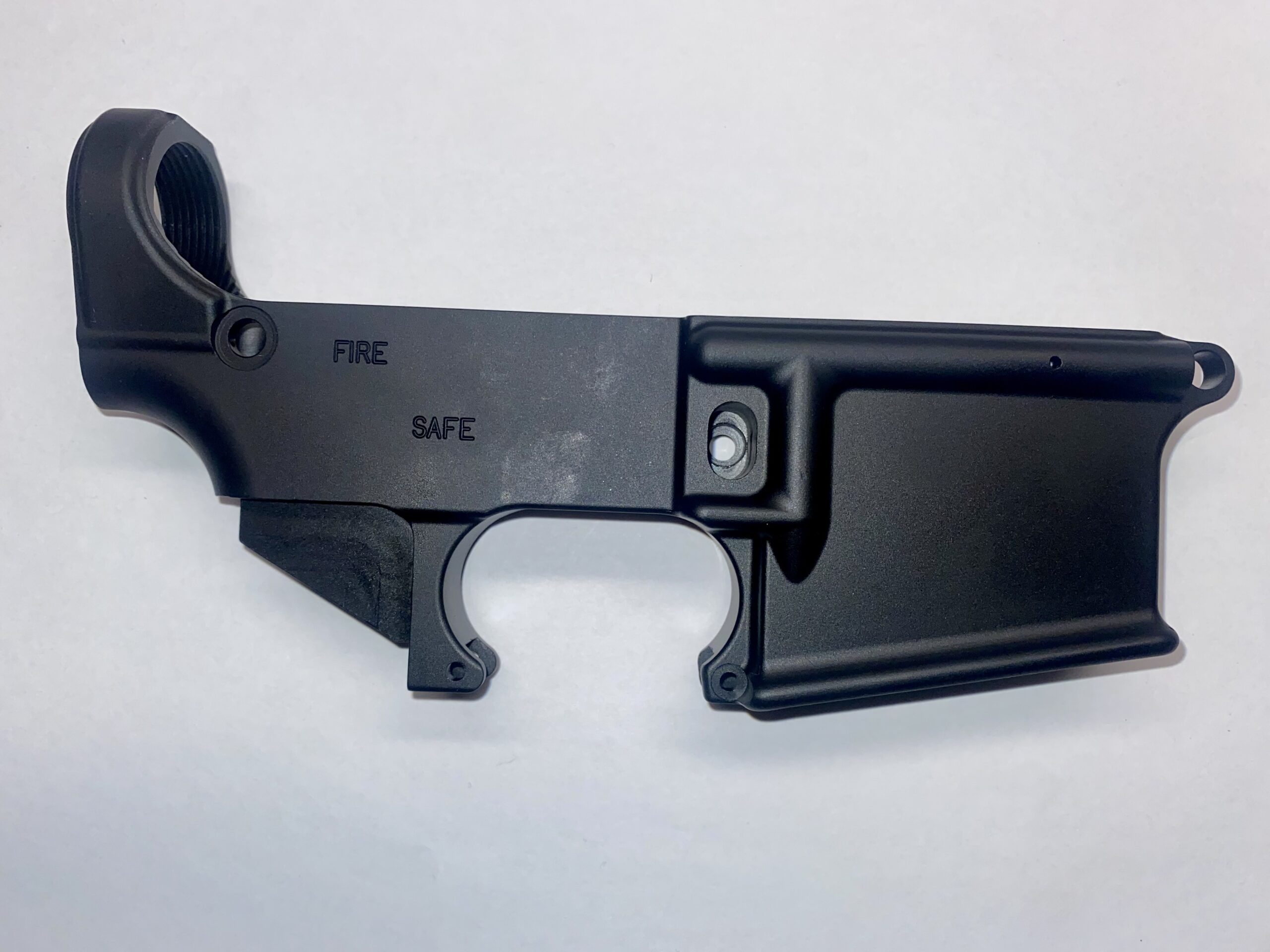
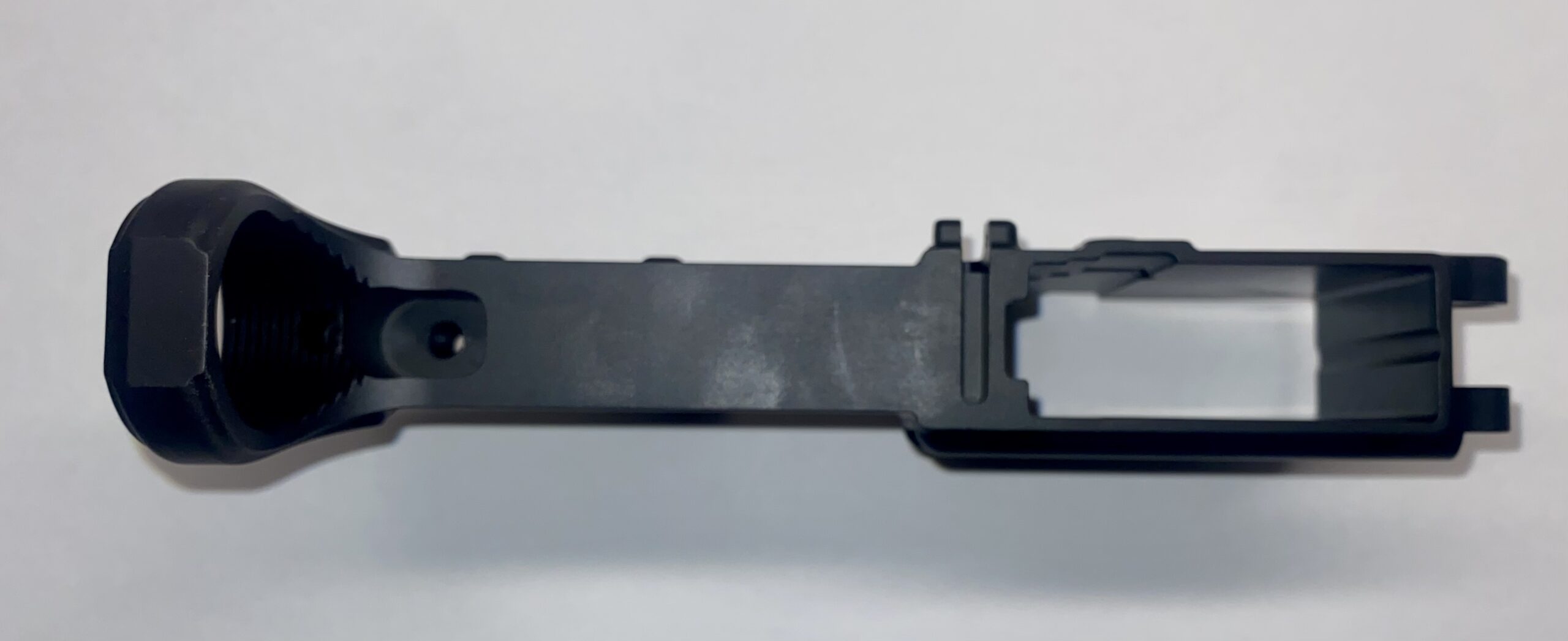
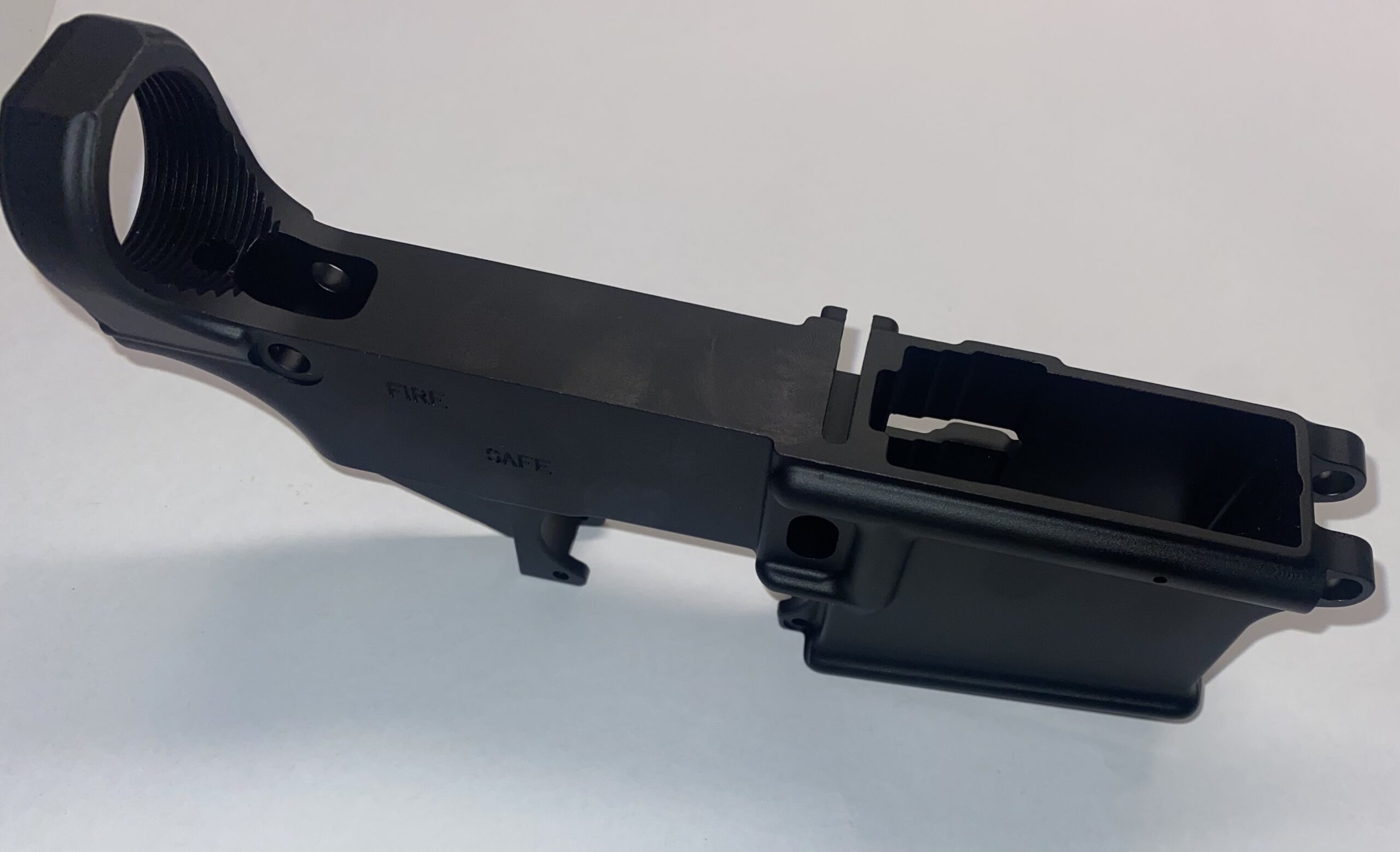
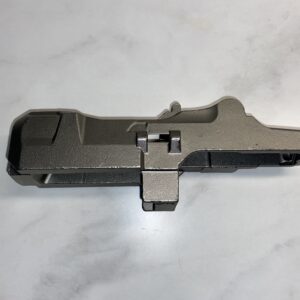
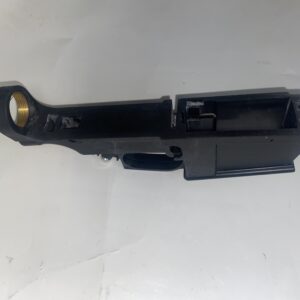
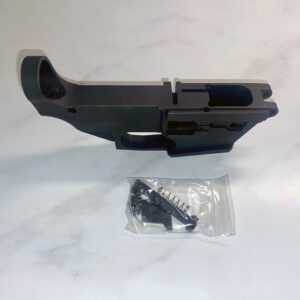

Gabriel Baker –
These are very high quality and have a great surface finish!